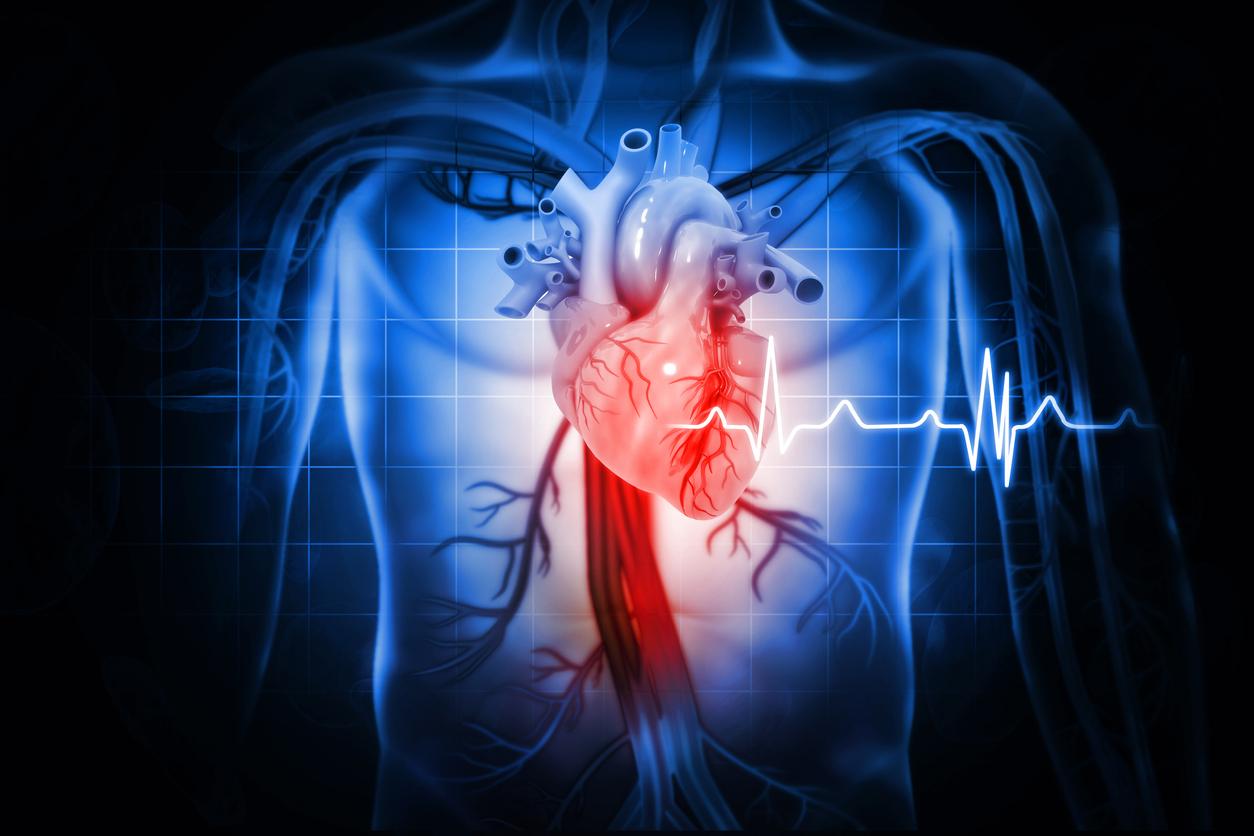In the midst of a tachycardia crisis, a man’s heart rose to 600 beats per minute: a record.

- This case of extreme tachycardia is unique in the scientific literature: the last record was 480 beats per minute, measured in utero in a fetus whose mother was taking medication for cardiac arrhythmia.
- With 600 beats per minute, this patient’s heart beat as fast as a mouse’s.
- The mouse has a natural heart rate of between 400 and 600 beats per minute, an unsustainable rate for the human heart.
At the beginning of February, a 57-year-old man goes to Saint-Vincent Hospital of Worcester, Massachusetts (USA). He reports persistent pain in the chest and repeated discomfort. These worrying symptoms should be taken seriously regardless of the situation but on top of that the patient is also a quadriplegic for over 10 years after a car accident and has already fallen out of his wheelchair due to one of his discomfort.
At first, his heart rate seemed normal…
The doctors therefore assume that he has a heart problem. Especially since this is not the first time that the patient has suffered from a heart problem. Some time earlier, he had been placed with a stent to keep his right coronary artery open, damaged following a myocardial infarction.
The first examinations show nothing strange since his vital signs are stable and no physical abnormality is detected. However, blood tests show an excessively high troponin level. Troponin is a protein involved in the contraction of muscles, including the heart. Its excessive presence in the blood is an indication of a heart problem. The electrocardiogram is normal when the patient is admitted, except that on the third day of his treatment, the doctors notice something out of the ordinary.
Then his heart starts beating the record for beats per minute!
For about 20 seconds, the man’s heart beat at 600 beats per minute! That is almost 10 times the normal rate (the norm is between 60 and 80 times per minute). A first: never had a human heart beaten so quickly under the eyes of doctors. The human heart is not made to beat that fast and such a severe tachycardia can lead to death if it lasts too long.
During this short episode, the patient became ill several times and complained of intense pain in the chest. Then, very fortunately, his heart calms down little by little, first around 300 beats per minute, a rate still too high, before returning to normal values. Following this, the interns decided to operate on him urgently. The distal part of his right coronary artery is completely blocked, but the surgeon manages to repair it successfully. Two days later, the patient is allowed to return home, with a more relieved heart. A story that ultimately ends well.















